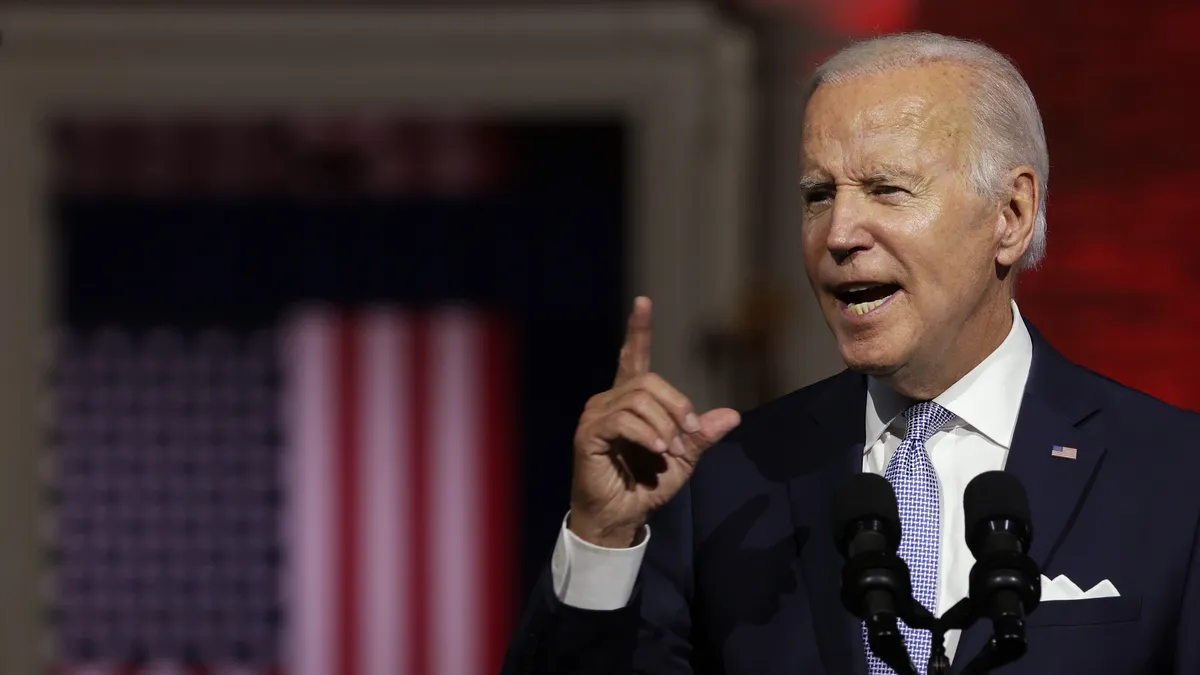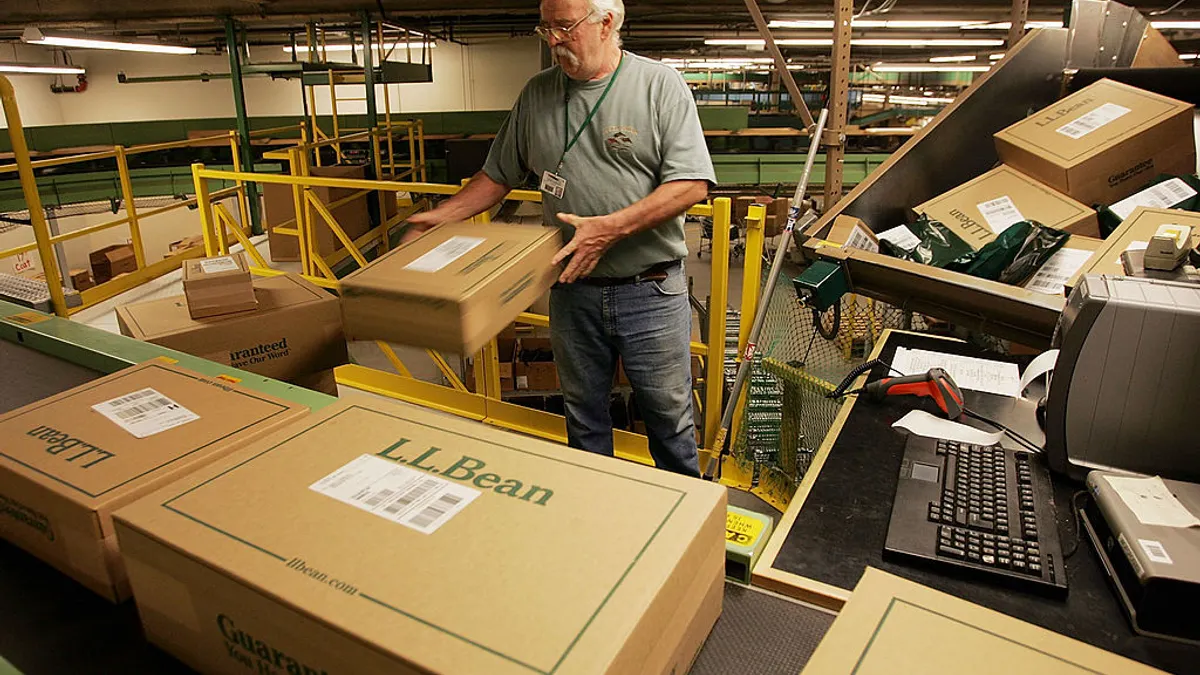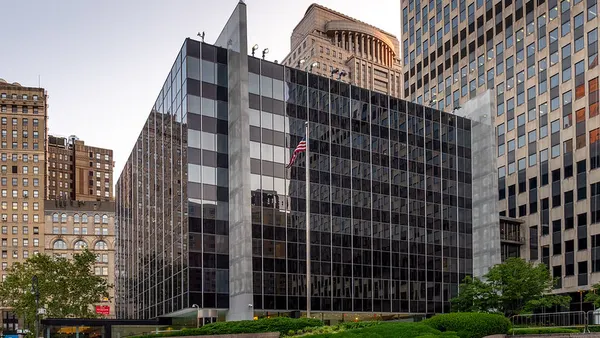The Trump administration is investigating the effects of pharmaceutical imports on national security, disclosing Monday a probe that is likely to lay the foundation for sector-wide tariffs in the near future.
The investigation, which was announced in a federal notice posted online, appears to be wide-ranging, covering branded and generic medicines, as well the active drug ingredients they contain. It will be conducted by the Department of Commerce under a legal authority known as Section 232, which President Donald Trump used earlier this year to expand duties on steel and aluminum.
The probe on pharmaceuticals, as well as a related one on semiconductors also disclosed Monday, were started on April 1 by Commerce Secretary Howard Lutnick, the notice said. While the notices were posted Monday, they’re considered unofficial until published in the Federal Register on Wednesday.
Both Trump and Lutnick have signaled plans to tax pharmaceutical imports, which were exempted from the tariffs announced April 2 and historically have been excluded from trade levies. The industry sources many of its raw materials and active ingredients from China and India, and has a large manufacturing footprint for finished dose products in countries like Switzerland, Ireland and the Netherlands.
“Semiconductors and pharmaceuticals will have a tariff model in order to encourage them to reshore, to be built in America,” Lutnick said in a Sunday interview with ABC News. “We need our medicines, and we need semiconductors and our electronics to be built in America.”
Anticipating tariffs, some pharma companies, including Eli Lilly, Johnson & Johnson and Novartis, have announced plans to spend billions of dollars building drug factories in the U.S. Constructing those new plants will take years, however, and won’t reroute the roots of the industry’s supply chain away from places like China and India.
In the meantime, analysts expect tariffs could add significant financial costs for drugmakers, potentially forcing them to curtail spending elsewhere, such as in R&D. David Ricks, CEO of Eli Lilly, indicated as much in a recent interview with the BBC. Generic manufacturers could also be particularly hurt, as they operate on much slimmer margins than their branded peers.
The Commerce Department is seeking comment on its plans within three weeks. Specifically, it wants input on whether domestic pharmaceuticals production can meet demand; whether imports are sourced from a small number of suppliers; whether increasing domestic manufacturing is feasible; and how new trade measures like tariffs would impact domestic output.
Typically, Section 232 investigations generate a report that’s delivered to the president within 270 days. But the Trump administration might move faster, as Lutnick indicated Sunday that pharma tariffs would come within one or two months. The White House could also impose tariffs using the emergency legal authority it took to install global 10% tariffs earlier this month, according to a Monday note from Leerink Partners analyst David Risinger.
Editor’s note: This story has been updated with additional detail.













